I recently looked online for expertise in a certain industry to help me with a new business venture. I went out to a few competent persons with credentials covering the specialty I wanted to explore, despite my minimal knowledge of the topic. During the recruiting process, I considered how potential clients could feel if they contacted me to address an IP issue. My innate caution when conversing with internet specialists also reminded me of potential customers’ distrust during my free initial consultations. So, to assist you to evaluate if our company is a suitable fit, let me provide a few guiding guidelines for hiring a patent attorney.
Educate yourself on patent basics first
Do you understand the distinction between design and utility patents? Before meeting with a patent attorney, you should complete this research on your own. Preparing for a call will result in more effective interaction with a potential intellectual property attorney.
It’s fine if you still have questions about patent fundamentals. Ask whatever general IP questions you want, and observe whether the patent attorney takes the time to clarify any subtle subtleties or differences in IP rights. If you don’t comprehend what they’re saying, you can have a communication problem if you hire that patent lawyer.
If early consultations are free, as mine is, respecting the patent attorney’s time would be appreciated. I can usually tell if a potential client is serious about pursuing IP after 20 years of practicing patent law. Ask careful inquiries to see if the potential IP attorney is a suitable fit for you. Continue reading if you’re unsure what to ask.
What are some good questions to ask a patent lawyer?
Here are some questions to ask a patent attorney if you’re thinking about getting a utility patent:
- Is the attorney a member of the United States Patent and Trademark Office (USPTO)? If not, they could pose as IP attorneys (for example, trademark and copyright filings), but they won’t be able to litigate patent applications.
- Is there a flat price for the patent attorney and their IP firm?
- Is there a set price quotation for the initial filing of your nonprovisional utility patent application from the patent attorney?
- Is it necessary to do patentability (novelty) search for your invention?
- Is it recommended by the patent attorney to conduct Examiner Interviews in response to rejections?
- Is it worthwhile to pursue any solutions for streamlining or expediting the utility patent application?
- If you’re unsure about how patent claims function, inquire about the distinction between independent and dependent claims.
- Does the patent attorney have expertise with international PCT applications and working contacts with foreign partners in your preferred countries if foreign patents are required?
- What are the approximate costs of the first filing and subsequent prosecution costs?
- Inquire about trademark prices and whether the IP lawyer has expertise with trademark oppositions and cancellations if you’re contemplating trademarks in addition to patents.
Avoid promised results or guarantees
This may appear to be a cop-out. If an intellectual property lawyer makes no guarantees, it appears that they are not accountable for the case’s outcome. That might be the case. But, in my opinion, the contrary is considerably worse: if an IP attorney promises an outcome that is knowingly beyond their control, the lawyer is lying.
Your attorney, no matter how aggressive, will not be able to influence how a USPTO examiner evaluates your patent application, especially if it is a utility application. Depending on the type of technology and the particular art unit in the USPTO responsible for assessing your application, there is a roughly 90 percent likelihood that your utility patent application will obtain an Office Action.
Is an NDA required for the initial consultation?
Even potential clients are subject to confidentiality obligations for patent attorneys. We do not sign confidentiality agreements with potential clients as a matter of policy because:
- as lawyers, we are already bound to keep communications with potential clients confidential; and
If a prospective client does not engage us, our firm must have the freedom to work with other clients in a particular space/field/sector/technology without restrictive contractual obligations to non-clients.

